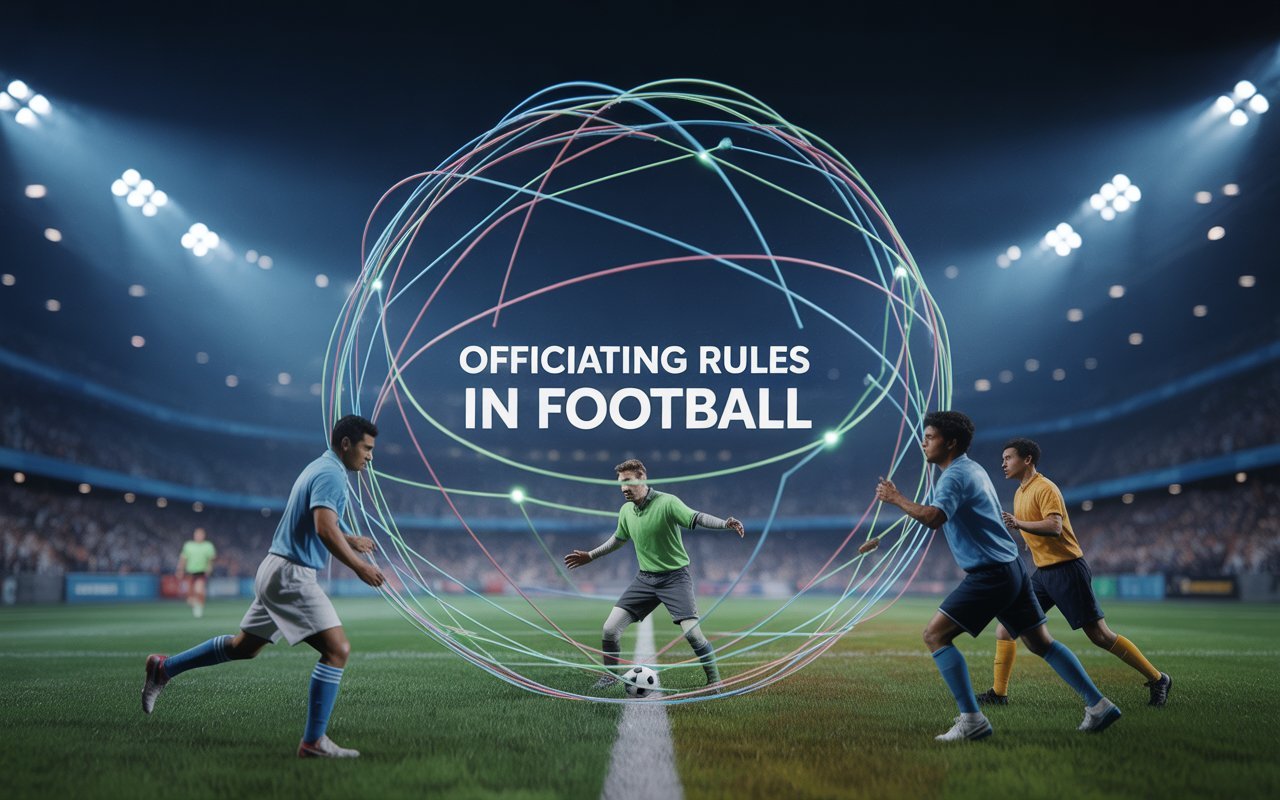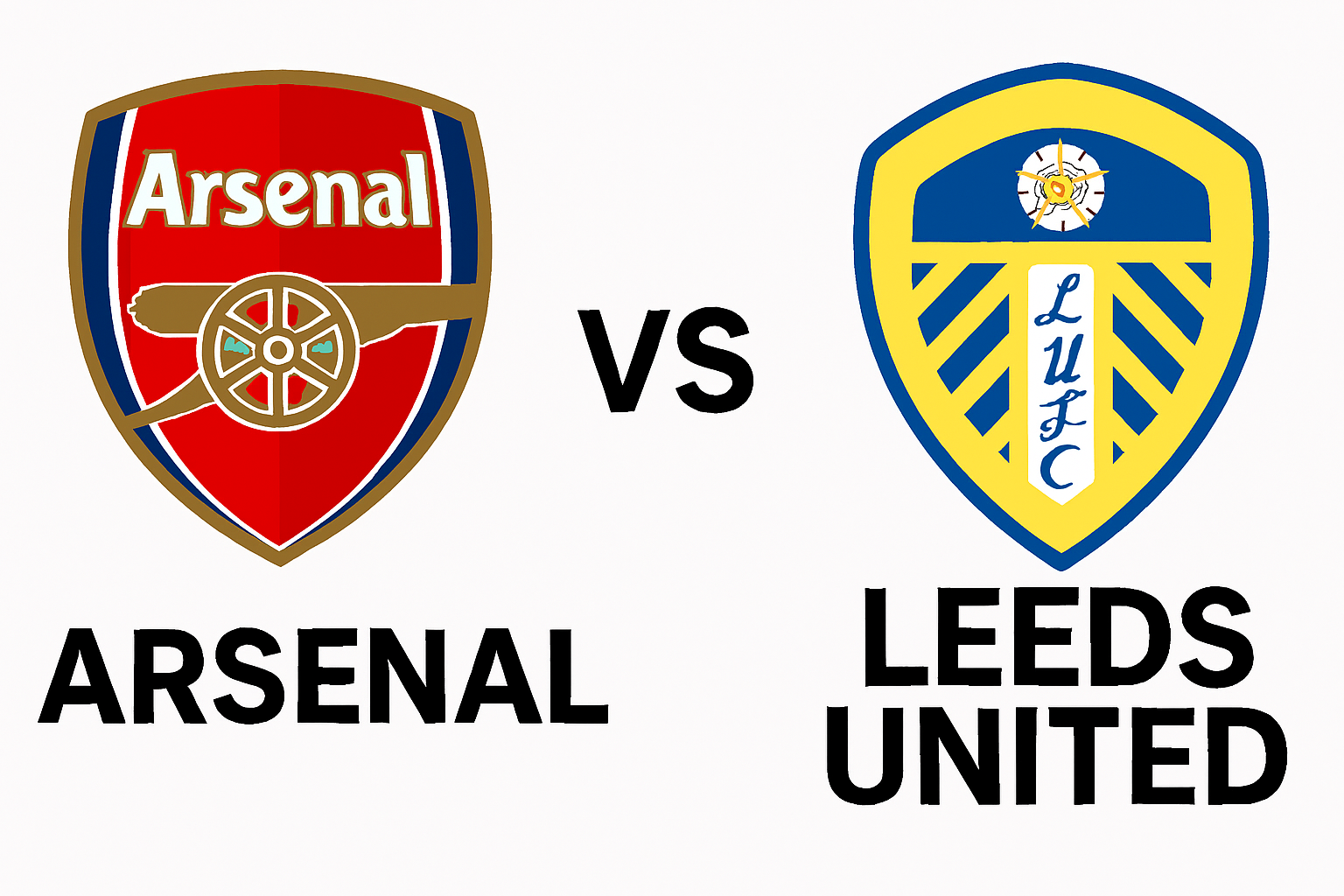Football is more than a sport. It is rhythm , all played out within ninety-minutes of action seen by millions throughout the world.Officiating , behind the goals, challenges, celebrations, and emotional rollercoaster is something much less glamorous, but no less important officiating and the application of the Rules. Officiating and the application of the Rules keeps football from becoming chaotic. With officiating and the application of the Rules maintains fairness, balance and competitive playability. If it weren’t for referees and officials, the most exciting competitions would be devoid of structure. If football did not abide by the Rules, it simply would not be football.
Officiating The Foundation of Football’s Integrity
Being a referee is one of the hardest jobs in sport. Every decision is made in a split second. Every change of call evokes emotion in the stands, and, in certain situations, it can shape careers forever. Referees apply the Rules, but that role entails so much more than a simple whistle. Referee’s jobs also require managing emotion, finding respect; and moving the contest along with fairness.
The assistant referees play their crucial role too. They enforce offsides, manage the sidelines, and assist the referee in making judgements. Fourth referees enforce the sideline and manage substitutions and extra time. At higher levels of play, technology such as communication headsets and video review aids them. Combined, they maximize the value of the match’s overall credibility.
Good officiating is often a thankless and unrecognized task. When a match flows with very little controversy, it suggests that the officials did their job well and we just need to enjoy the silence of fair play.
The Rules That Define the Game
The Rules of football (Laws of the Game) provide the standardized governing body for all football matches. They cover everything, from the size of the pitch to the length of each half of play, to players committing fouls, to offside decisions, to restarts and penalties.
At the outset, the Rules may appear simple enough. Kick the ball; score more goals than your opposition; do not engage in illegal play. However, their real-time interpretation can be complex. Whether or not a player in touch of the ball – makes a slight handball, is inches offside, or is reckless in a challenge is ultimately a subjective decision based on context. This context is what Officers of the Game refer to when they teach referees to uniquely blend ‘Rules knowledge’ with ‘experience, intuition, and fairness.’
One of the most widely discussed aspects of the Laws is undoubtedly the offside law; inches can change a game. As it is impossible for the human eye to observe this position in a fraction of a second, technology now subsequently supports the referees and the Touchline Officials in this process; referees remain the ultimate entity, the interpreters of the Laws of the Game, whilst being the last line of defense.
Matchday Experience How Officiating Shapes Emotion
Football’s excitement can seldom be divorced from the officiating. Fans can remember match-changing officiating decisions just as much as they will goals, or excellent saves. However, the way a referee interprets and applies the Rules of the game, plays a pivotal role in cultivating atmosphere inside the ground. A referee that knows the Laws and shows confidence and consistency is trusted – players play the game and leave the disputation to absent fans. Supporters will react to some of the referee’s decisions, with roaring groans – but in time they often develop a respect for perceived evenness or fairness in which all teams are treated equally. It is inconsistent or ambiguous that can ignite discontent and hostility in the ground, turning what might have been potential excitement into rage.There is a need for transparency. In recent years, fans, have been asking for better transparency in officiating decisions, wanting more clear communication from match officials when a decision is change, often those communication requests have emanated from tacky stadium announcements or visual boards that show a players match statistics during a game, to bring supporters more into the officiating room, by considering officiating as a part of the filling out the events of the matchday. So that the Laws don’t just become some instructions printed at the bottom of a report after the game.
The Human Side of Officiating and Rules
Rules are written in black and white, but the enforcement is carried out by human beings. Depending on the level of competition referees have to decide, in real time, under extraordinary pressure. They have covered an unreasonable distance; they are focused constantly for that time; they have the emotions of 22 players, and thousands of fans too.Mistakes are unavoidable. The important thing is how referees cope with it. Some referees are open about their mistakes, and often this garners respect. Some referees rely on the post-game analysis to avoid habits, improve and better themselves. And over time the officials learn to balance being empathetic with the authority needed to make crucial decisions. And that’s the beauty of officiating it is a human activity, and it grants life to the Rules. It moves it from black and white chalk lines that are drawn on a field, to a living, breathing part of the game.
The Evolution of Technology and Rules
Football has long grappled with technology. Should referees only use intuition, or should machinery assist? Technology like goal line technology, video assistant referees, and semi-automated offside systems have changed officiating. These don’t change the Rules of the Game but rather add a layer of confirmation with which referees can apply the Rules. Yet, many people think we need to keep football a human game, where interpretation and flow are as important as accuracy. The debate about whether the game will continue to have a human element is stimulated by some powerful changes that have helped shape the matchday experience.
The Rules and the Fan Perspective
For fans, understanding the Rules can enhance their enjoyment of the game. Knowing why a penalty is being issued, how advantage works, or why a player receives a red card gives supporters an opportunity to feel close to the action. Educational campaigns from the leagues and federations are designed to help educate followers of the game.However, fans are often too emotional and therefore the technical side of the game gets lost. A fan may understand the Rules yet still feel that their team has been unfairly treated by a referee’s interpretation. This is often where referees face the toughest challenge. They must officiate the match based solely on the Laws and must be impartial to the supporters who applaud their decision and those who condemned it.
Pathways to Becoming an Official of the Rules
The officiating begins at the grassroots level, not the top level. Many young referees oversee youth matches that take place in local parks. Here they will learn the Rules, build their confidence, and start to work through the competitive levels. Often a National / State association will provide training, mentorship and fitness events.As referees ascend through the levels, they are usually assessed by seasoned officials. Once it is ascertained that a referee shows a natural talent and resilience to push through tough experiences, he/she will be passed to lead professional games and ultimately lead international tournaments. Progressing through to the top levels can be a lengthy and tiring process. This level of commitment also needs to be respected within the football community, too, because without referees there can be no enforcement of the Rules, and without enforcement of the Rules, there is no game.
Matchday Behind the Whistle
There are strict rules that referees must follow on matchday. They check the pitch, check the equipment, meet with their assistants while confirming that everyone knows what their responsibilities are, and they warm up physically, just like a player would, before anticipating the start of 90 minutes of being on the run, and making decisions.During the match, the referee is calm and collected, despite everyone around them yelling (players, players coach and spectators). The referee applies the Rules of the game firmly, yet fairly; they strive to allow the game to flow, while acting when required.After the final whistle is blown, the officials review their time on the pitch. They will share and compare their decisions with fellow officials and think about if they did a good enough job if they could have made better decisions, etc. The matchday does not end with the audience’s cheers or jeers; it ends with the quiet search for self-improvement.
The Future of Officiating and Rules
Football is changing rapidly. Technology, globalization, and commercial growth are constantly changing the touchline. Officiating needs to be adapted too. New generations of referees will be trained with more data, more tools, and more visibility than has ever been the case.Fans want transparency, players want to exploit the margins, governing bodies continue to iterate on the Rules. What will never change is the referees’ role as protectors of fairness and flow. They are the bridge between order and chaos, between passion and fairness, and between the letter of the Rules and the spirit of the Game.
Conclusion:
The magic of football resides not just goals and successes but the balance to accommodate both fairly. Officiating under the Rules, while embodying the principles of fairness and judgment, is the structure backing the game. A matchday experience is always enhanced when officiating takes place with authority, fairness and humanity. Referees are not enemies of football, but they are protectors of football. They preserve the contest of football; contests that are remembered for players’ brilliance, not for arguments about unfairness. Referees humanize the law, allowing for law, interpretation, structure and flow to coexist. The ongoing growth and evolution of football will see officiating, the Rules, and matchday experience remain the foundation of the beauty of football. The next time the whistle blows, remember that behind every action is an unseen effort through the lens of the Rules to preserve the beauty of football for players and fans alike.



